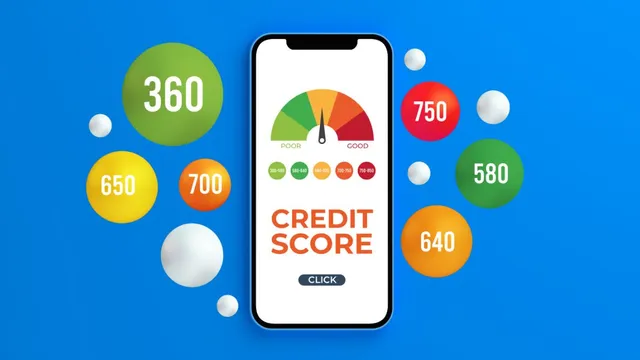- By Aditya Pratap Singh
- Wed, 12 Mar 2025 12:27 PM (IST)
- Source:JND
Credit score plays a crucial part in our financial journey. Whether we are applying for a loan or credit card, banks and financial institutions check our credit score (CIBIL score) to determine eligibility. Credit score is a metric, influenced by how an individual manages his or her loans and credit card payments. We all know that if we don't pay our credit card bill or loan's EMI on time, it directly impacts our credit score, but many people wonder whether paying their mobile and utility bills on time or skipping them has any impact on their credit score. Let’s explore this in detail.
Does paying mobile bill on time increase your credit score?
In India, paying your mobile bill does not have a direct impact on your credit score. Major credit bureaus such as CIBIL, Experian, Equifax and CRIF High Mark focus primarily on tracking loans, credit card payments and overall credit usage. Currently, utility bill payments including mobile, electricity, water and gas are not included in the credit score calculation.
That being said, consistently paying your mobile bill on time shows financial responsibility, which can be beneficial when applying for loans or credit cards in the future.
Can mobile bills impact credit score in the future?
In some countries, credit scoring models have started incorporating utility and mobile bill payments to evaluate a person’s creditworthiness. This change could be beneficial for those who do not have a history of loans or credit cards, as it allows them to establish a credit score based on their regular bill payments.
While this approach has not yet been fully adopted in India, it could be implemented in the future. If this happens, paying mobile bills on time could have a positive impact on credit scores.
What happens if you don't pay your mobile bill?
At the moment, not paying mobile bills on time does not affect your credit score. However, if the bill remains unpaid for a long time and the telecom company hands over the debt to a collection agency, it may be reported to the credit bureaus. This could adversely affect your ability to obtain loans or credit cards in the future.
How to improve your CIBIL score?
A good credit score is very important for getting loans and credit cards with better interest rates. Here are some practical tips to improve your CIBIL score:
Pay loan EMIs and credit card bills on time- Making timely payments is key to maintaining a solid credit history and improving your score. Even a single missed or late payment can negatively impact your credit score.
Keep your credit utilization low - Try not to exceed your credit limit on credit cards. Ideally, aim to keep your credit utilization below 30% of your total limit.
Avoid applying for multiple loans or credit cards at once - Submitting multiple loan applications in a short period can make lenders see you as a high-risk borrower, which can lower your credit score.
Maintain a healthy credit mix, A combination of secured loans (like home or car loans) and unsecured loans (like credit cards or personal loans) can increase your creditworthiness.
Check your credit report regularly - Inaccuracies on your credit report can hurt your score. Regularly reviewing your report and disputing any errors can help you maintain a good score.

